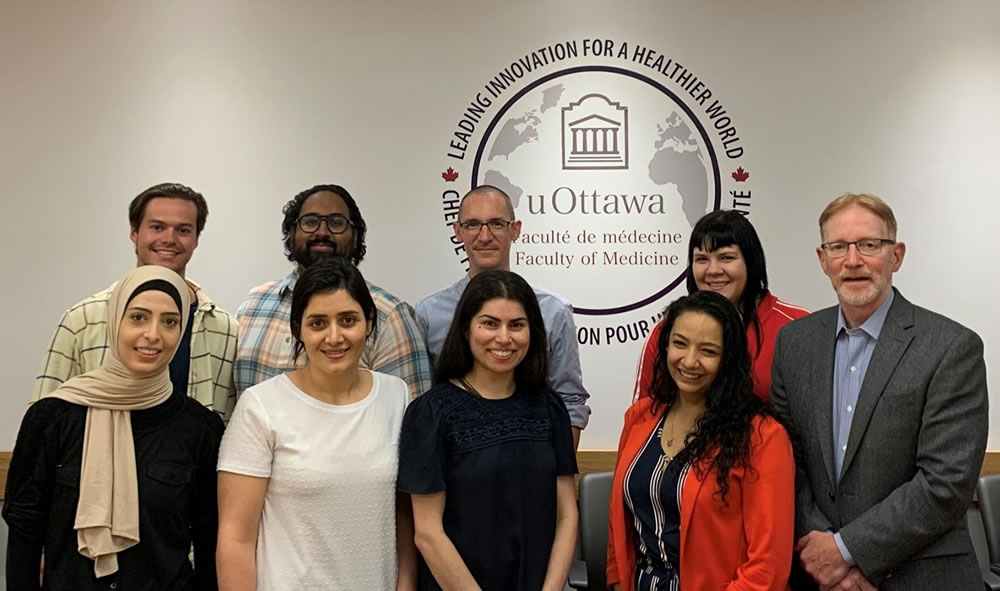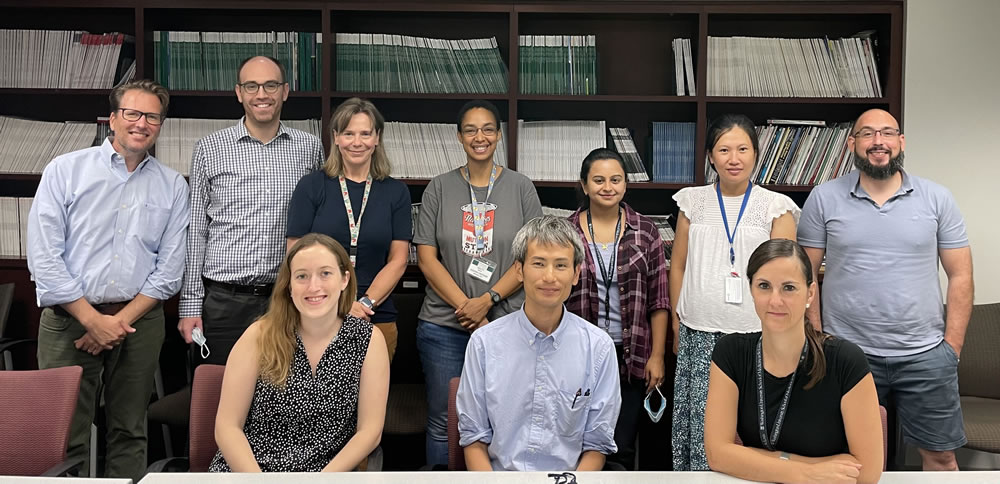
The Duchenne Muscular Dystrophy-Health Indices are novel, disease-specific patient and caregiver-reported outcome measures that were previously designed for use in Duchenne Muscular Dystrophy (DMD) clinical trials to track clinically meaningful changes in health in response to therapeutic intervention. The goal of this research is to implement the DMD-Health Indices in a longitudinal study to better understand how symptomatic burden changes over time, identify factors associated with faster or slower disease progression in DMD, and further optimize existing outcome measures for use in future therapeutic trials. Individuals with DMD will complete demographic questions, the Duchenne Muscular Dystrophy-Health Index, the Pediatric Quality of Life Inventory (PedsQL) DMD module (patient-reported), an instrument preference survey, and a global impression of change survey at baseline and 6, 12, 18, and 24 months. Caregivers of individuals with DMD will complete demographic questions, the Duchenne Muscular Dystrophy Caregiver Reported-Health Index, the PedsQL DMD module (caregiver-reported), an instrument preference survey, and a global impression of change survey at baseline and 6, 12, 18, and 24 months. This research will track patient and caregiver-reported disease burden over time, determine participant preferences with using the various instruments, identify high-risk patients, and optimize the DMD-Health Indices to facilitate future therapeutic trials for DMD patients.
Digital Object Identifier (DOI)
Grantee: Chad Heatwole, M.D.
Grant type: Research Grant
Award total: $299,800.00
Institution: University of Rochester
Country: United States




















